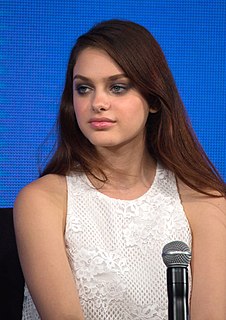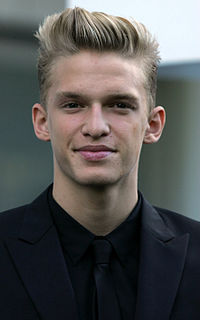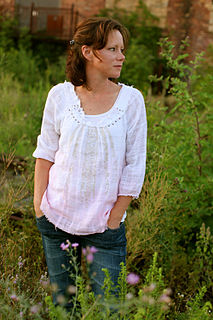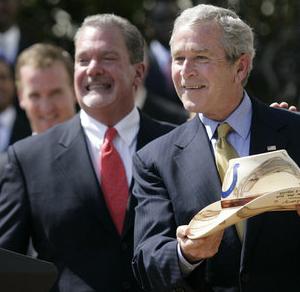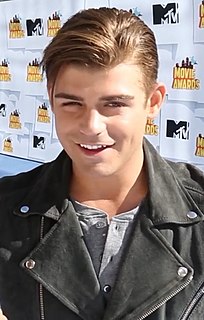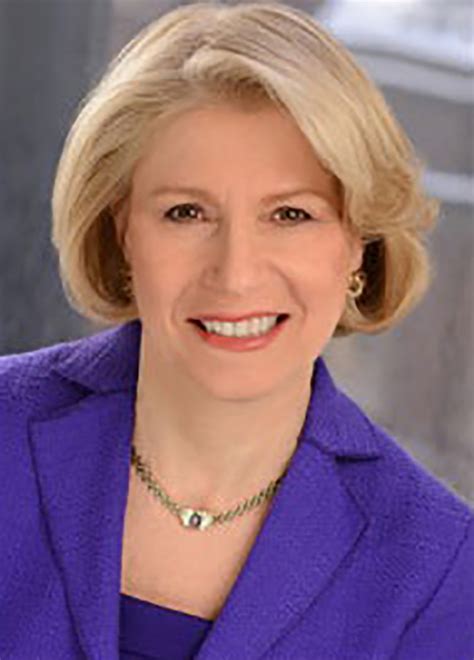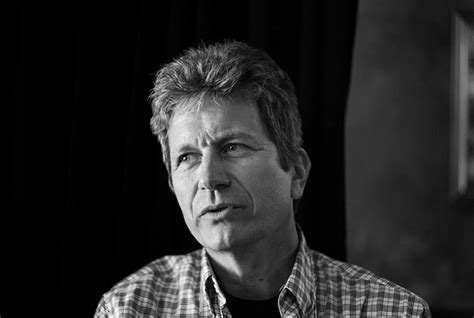A Quote by Ben Affleck
I don't go back and look at the monitor between every take; I wait until I feel like we finally got it right: "Let me stop and look at that last one on the monitor."
Related Quotes
I noticed you could monitor the recording that you're making, but you could also monitor the playback head. There's a little distance between them and so you get an echo, right? If you change the amplitude of, say, the playback and play with that, you get different qualities and different sounds. So I was very interested in that phenomenon.
I look at technology a lot because I feel like it's something we've got to stop and question, ya know? Right now it's sort of running ahead unabated and I feel like we've got to look at it and say 'Ok, I've gained all of these conveniences, but what did I lose?' And that to me is all part of the same idea of man-made work. We literally worship the things that we've made with our own hands. That's as old as mankind, that problem.
You get some directors, and I can never understand it - there's a thing they call the 'video village' where all the monitors are, and you've probably seen it on set visits - I hate that! I never, ever like sitting in video village. I get either my own monitor or a hand held monitor, and I stand right by the camera.
By the time I got to set for 'Cobra,' I think I'd lost about 28 pounds in about a month and a half. I didn't want to look back and be like, 'Wow, someone should stop eating PB and J's.' Like, if I'm going to look back when I'm 80, I wanted to be like, 'Wow, okay, I looked pretty fit. I used my youth right.'
If you are able to see on a monitor what it's actually going to look like and have that kind of feedback informing your decisions, then you're bringing back a lot of the decision-making process of the designer, the director of photography and the director away from the post-production process and bringing it back into the actual capturing of the event on film.

